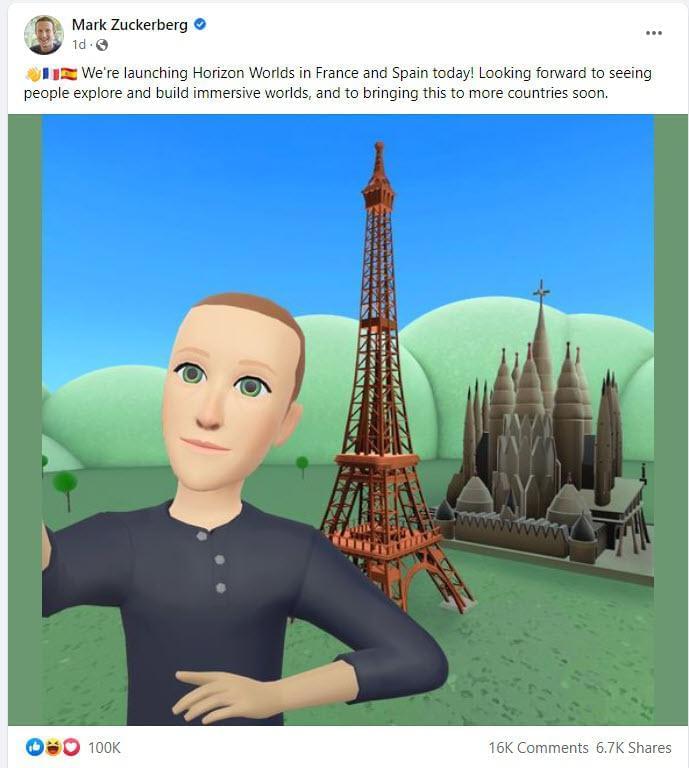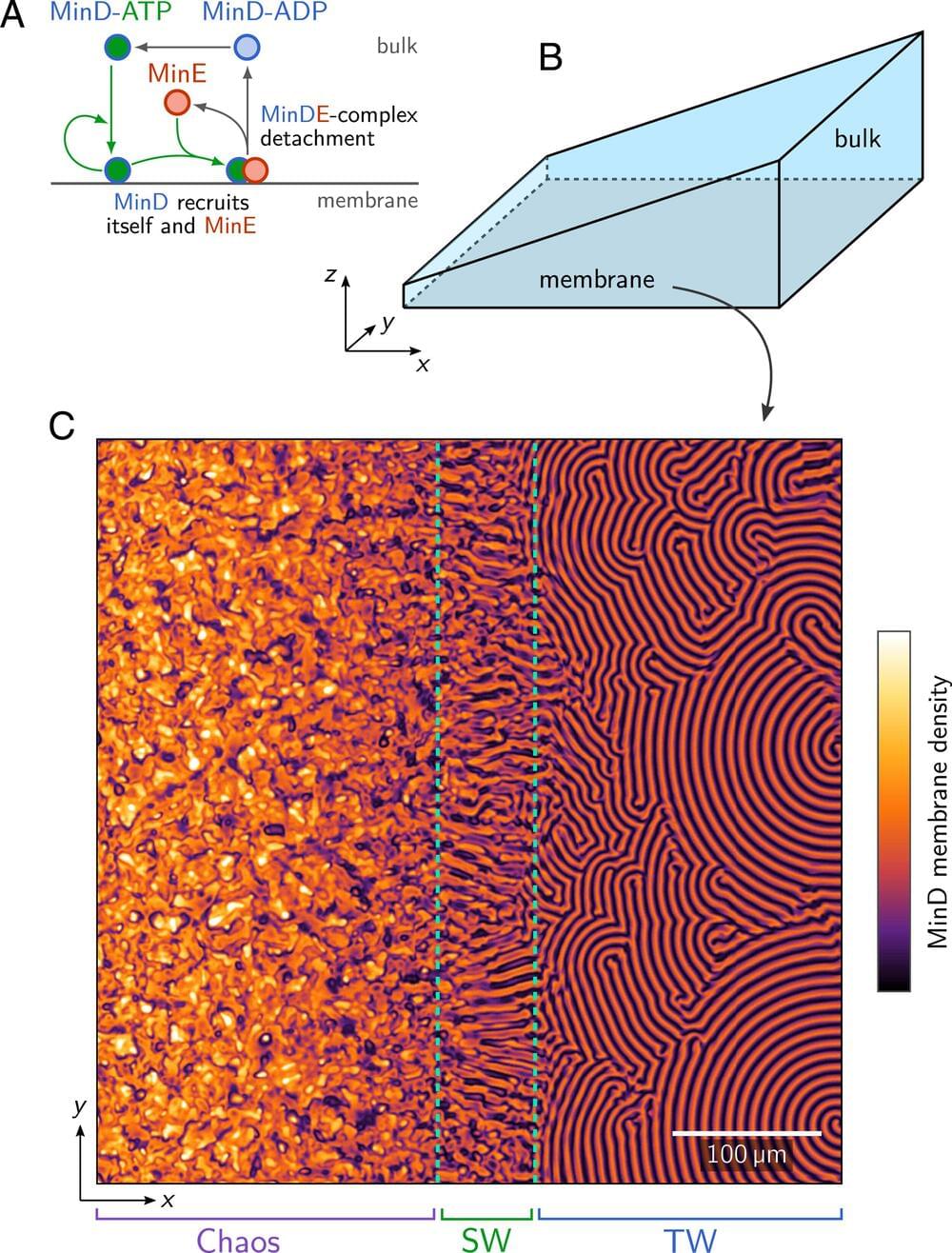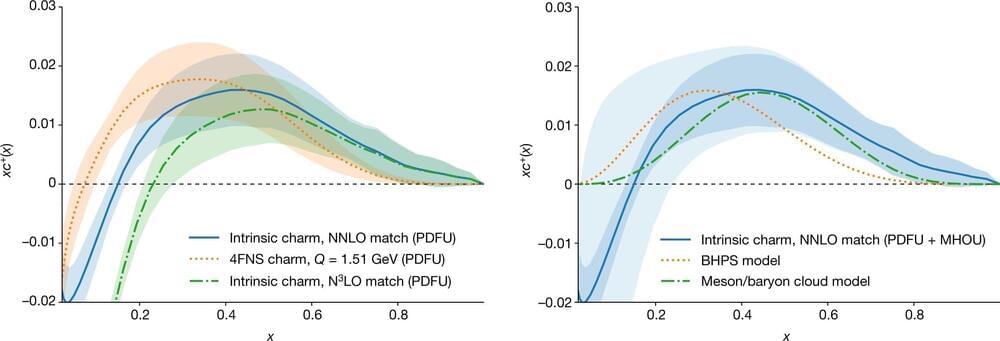Does that then prove he is a robot?
Close to a year after social media giant Facebook rebranded itself as Meta — to reflect its new strategy and vision to build the new version of the internet — its primary product, the famous metaverse, looks mediocre at best. But that is something CEO Mark Zuckerberg is failing to see, a Forbes.
Last October, when Facebook’s intent for a major rebranding was revealed, many questioned its timing. The company was going through a tough phase as whistleblowers revealed incriminating details of the company’s practices and regulators pushed for breaking up the company that also owns WhatsApp and Instagram.
Yesterday, Mark Zuckerberg once again made the rounds being roasted on Twitter, not due to barbeque sauce or surfing, but because of yet another screenshot he posted from Horizon Worlds, this one a Facebook post celebrating the game coming to France and Spain.








